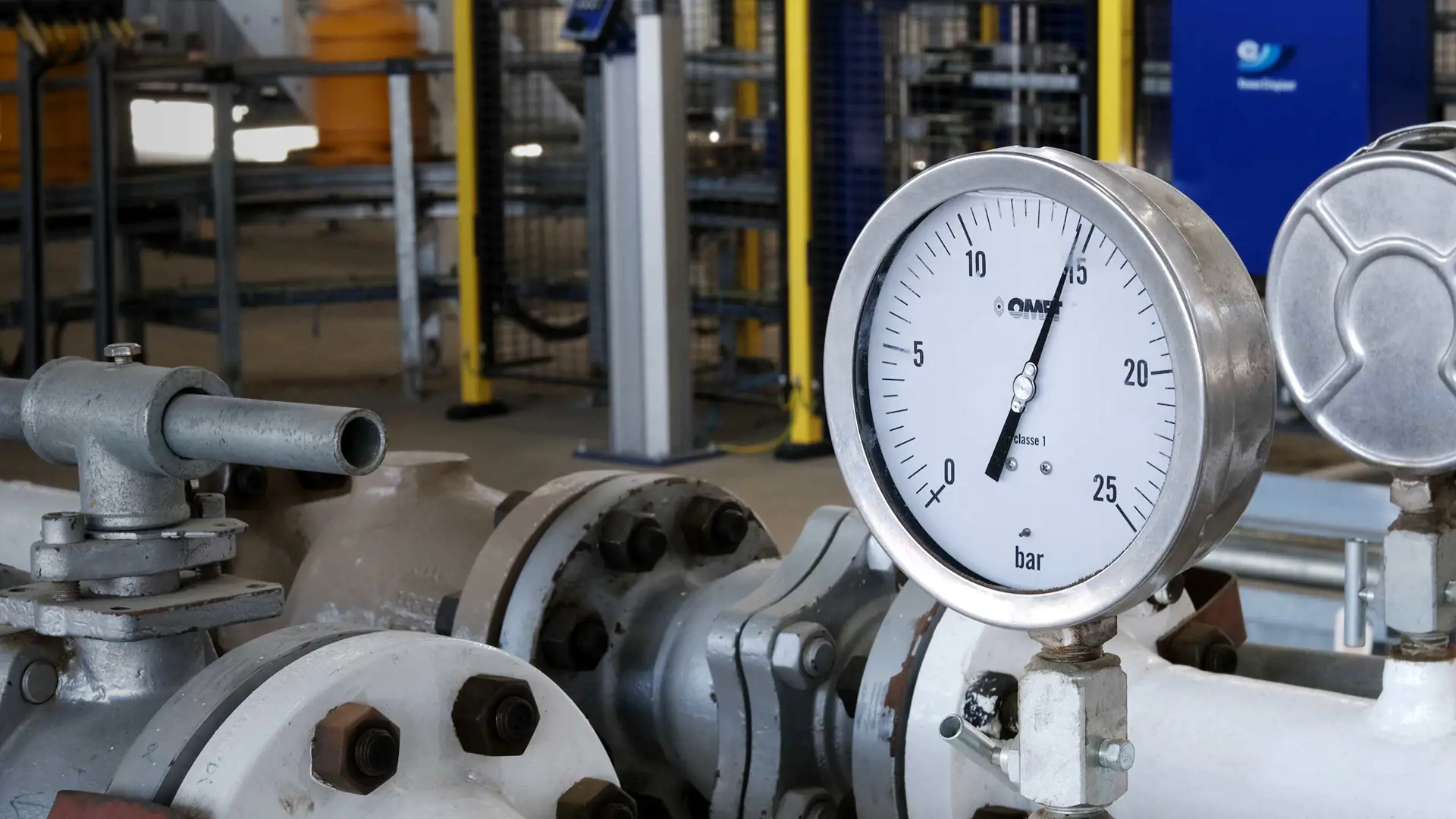Gas prices in the UK, like in many countries, are influenced by a variety of factors that range from global market conditions to local government policies. Understanding these factors can help consumers better understand the fluctuations in their gas bills. Here’s a breakdown of the key elements that influence gas prices in the UK:
1. Global Gas Supply and Demand
The most significant factor influencing gas prices in the UK is the balance between global supply and demand. Gas is traded on international markets, and any changes in supply or demand globally can affect UK prices. For example:
- Supply Disruptions: Events such as natural disasters, geopolitical tensions, or conflicts in major gas-producing regions (like the Middle East or Russia) can disrupt the supply of gas, causing prices to rise.
- Demand Fluctuations: Cold winters or increased industrial demand can lead to higher global demand for gas, pushing prices up.
2. Natural Gas Prices
The price of natural gas itself on the global market directly impacts UK prices. The UK imports a significant portion of its gas, particularly from countries like Norway, Qatar, and the Netherlands. The cost of natural gas on international markets fluctuates based on:
- Global Supply Factors: Natural gas supply from major producers, including weather conditions, drilling rates, and infrastructure developments, influences market prices.
- Liquefied Natural Gas (LNG): The UK also imports LNG, which is affected by the price of oil and other commodities. The price of LNG can vary based on global trade routes, shipping availability, and competing demand from countries like Asia.
3. Energy Market Deregulation
The UK’s gas market has been largely deregulated, meaning that gas suppliers buy gas from wholesale markets at fluctuating prices. The prices suppliers pay for gas can vary depending on market conditions, and these costs are passed on to consumers. As a result:
- Wholesale Gas Prices: The price gas suppliers pay for gas is affected by market trends, and this directly influences the rates they offer to customers.
- Competition Among Suppliers: More suppliers in the market can help drive down prices, while fewer options can lead to higher rates.
4. The Value of the British Pound
Since the UK imports a significant amount of its gas from other countries, the value of the British pound (GBP) relative to other currencies (like the US dollar or the euro) can affect gas prices. If the pound weakens, it costs more for UK suppliers to buy gas from abroad, and those increased costs may be passed on to consumers.
5. Government Policies and Taxes
The UK government plays a crucial role in shaping the gas market through policies and taxes:
- Carbon Pricing and Emissions Regulations: The UK has committed to reducing carbon emissions, and policies such as the Carbon Price Floor (CPF) and emissions trading schemes can increase the cost of using natural gas as a fuel, ultimately raising gas prices.
- VAT and Other Taxes: The government imposes value-added tax (VAT) on gas, which contributes to the final price that consumers pay. Changes in tax rates can directly influence gas bills.
6. Seasonal Weather Conditions
Weather conditions play a significant role in determining gas demand:
- Cold Winters: During particularly cold winters, demand for heating increases, which can lead to higher prices due to the strain on supply.
- Milder Winters: In contrast, warmer winters can reduce the need for gas heating, lowering demand and potentially decreasing prices.
7. Gas Storage and Infrastructure
The UK relies on both domestic gas production and imports, with a portion of gas stored in underground facilities. The level of gas storage can influence prices:
- Storage Levels: If storage levels are low, particularly ahead of winter, it may drive up prices due to concerns about meeting future demand.
- Infrastructure Investment: The development and maintenance of pipelines, storage facilities, and LNG terminals can affect how easily the UK can import or store gas, which impacts overall prices.
8. Supply from Domestic Sources
The UK still produces a portion of its gas from domestic sources, particularly from the North Sea. However, domestic production has declined over the years, making the UK more reliant on imports. Changes in domestic production levels can impact prices:
- Production Declines: As domestic fields mature and production drops, the UK may become more dependent on imports, potentially leading to higher prices.
- New Discoveries: Conversely, new gas fields or technological advances in extraction methods (like shale gas) could help increase domestic supply and lower reliance on imports, stabilizing prices.
9. International Trade Agreements
Trade agreements between the UK and other countries that supply gas, such as Norway or Qatar, can also impact prices. Favorable trade terms may result in lower prices, while disruptions or unfavorable agreements could cause price hikes.
10. Gas Price Hedging
Many energy suppliers use hedging strategies to lock in future gas prices. This helps them manage the risk of price fluctuations and can provide more price stability for consumers. However, if suppliers’ hedging strategies don’t perform well, they may have to increase prices to cover costs.
Conclusion
Gas prices in the UK are influenced by a complex mix of global factors, government policies, seasonal weather patterns, and market conditions. While some of these factors are beyond the control of consumers, understanding what drives price changes can help you make more informed decisions about your energy consumption and consider switching suppliers when prices rise. Additionally, adopting energy-efficient measures in your home or business can help mitigate the impact of rising gas prices

